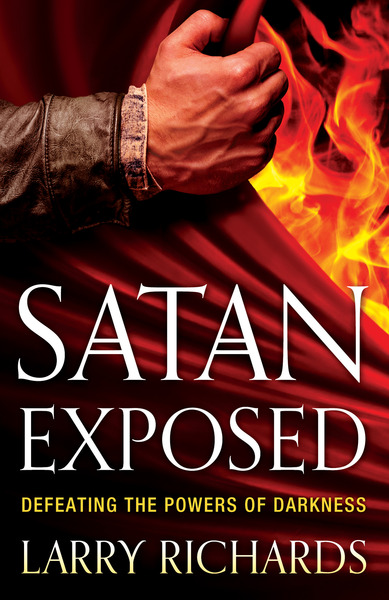

Milton introduces Book I with a simple summary of what his epic poem is about: the Fall of Adam and the loss of the Garden of Eden. It can also, however, be extrapolated out to hold theological and religious messages, as well as political and social themes. The story, therefore, can be read as a simple narrative, with characters interacting with each other along a plot and various subplots. By demonstrating the nature of the beings who created mankind, Milton is presenting his, or his culture's, views on what good and evil mean, what mankind's relationship is with the Absolute, what man's destiny is as an individual and as a species. As in other poetic epics such as Homer's Iliad and Ulysses, the Popul Vuh, and Gilgamesh, Milton is actually attempting to describe the nature of man by reflecting on who his gods are and what his origins are. Supernatural creatures, including Satan and the Judeo Christian God himself, will be mixing with humans and acting and reacting with humanlike feelings and emotions. With it, Milton will also be exploring a cosmic battle in heaven between good and evil. Milton tells us that he is tackling the story told in Genesis of the Fall of Adam and the loss of the Garden of Eden. The rebel angels then construct a Temple, a throne room, for their general and for their government, greater in grandeur than the pyramids or the Tower of Babylon.Īll the millions of rebel angels then gather in the Temple for a great council, shrinking themselves and become dwarves in order to fit. The army bangs their shields with their swords in loud agreement. They will continue the war against heaven, but the battlefield will be within the world of mankind. Satan has heard of a new kind of creation that God intends on making, called man. They could not have known the extent of God's might, Satan tells them, but now they do know and can now examine how best to beat him. Music plays and banners fly as the army of rebel angels comes to attention, tormented and defeated but faithful to their general Satan gathers his closest twelve around him. Satan calls to them and they respond immediately. They see their army lying confused and vanquished in the fiery lake. "Better to reign in hell, then serve in heaven." They look around at the dark wasteland that is hell, but Satan remains proud. Satan and Beelzebub gather their strength and fly off the fiery lake to firmer, though still fiery, ground. In fact, Satan says, they must work to instill evil in all good things so as to always anger God. But, he says, that means that they don't ever have to obey God again. Satan replies that God indeed wanted to punish them by forcing them to languish in hell for eternity. What plan did God have for them since he did not kill them completely, but left them their souls and spirits intact to feel pain in hell?
#The darkness ii satan how to#
He will never bow down to God and now, knowing more of the extent of God's might, the rebel angels might better know how to continue to fight him in an eternal war.īeelzebub questions why they themselves still exist. Still, Satan tells Beelzebub that all is not lost. Satan and his cohorts had lost and been cast "nine times the space that measures day and night" to hell. Many angels had joined Satan, and the cosmic battle had shaken God's throne. Satan gets his bearings and, in a speech to Beelzebub, realizes what has just happened: Satan, presuming that he was equal to God, had declared war on the creator. He lifts his head to see his second in command, Beelzebub, the Lord of the Flies, who has been transformed from a beautiful archangel into a horrid fallen angel. Satan, dazed, seems to be coming to consciousness after his fall and finds himself chained to the lake.

The scene opens in a fiery, yet dark, lake of hell.


The poem then shifts to focus on the character of Satan who has just fallen from heaven. Book I of Paradise Lost begins with Milton describing what he intends to undertake with his epic: the story of Man's first disobedience and the "loss of Eden," subjects which have been "unattempted yet in prose or rhyme." His main objective, however, is to "justify the ways of God to men."


 0 kommentar(er)
0 kommentar(er)
